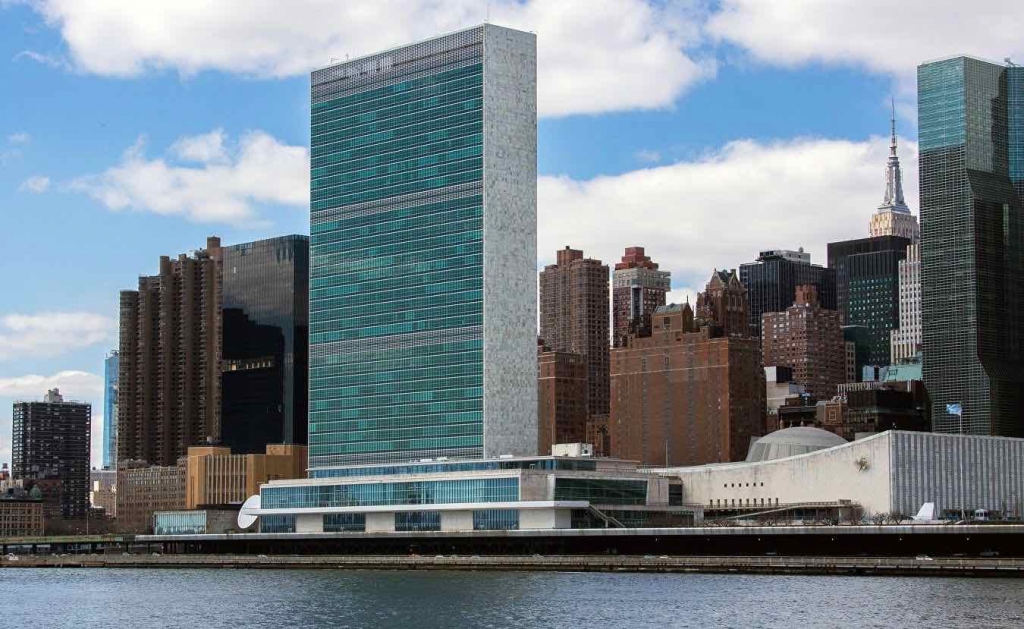Statement by Mr. Vassily Nebenzia, Permanent Representative of the Russian Federation to the United Nations, at the High-level Event on Interlinkages between Water and Climate Action
Excellencies,
We are all witnessing a growing concern of the international community over the climate change as well as challenges related to the lack of water availability that currently exist or have a potential to emerge in various regions of the world. When climate and water issues are viewed together, we often stumble upon the complexity of their interlinkages.
In order to prevent or reduce various negative impacts, it is important to employ the combination of specific adaptation efforts and overall sustainable water management policies backed up by reliable data and best available science.
In building strategies, we need to keep in mind that water issues are very region-specific, including when they are aggravated by the effects of climate change. For instance, Russia stretches through four climate zones. It is also characterized by a variety of geographic landscapes, regional differences in social and economic life as well as unequal distribution of water resources. Therefore, it is not reasonable to determine universal adaptation scenarios. Depending on the region, we focus on preventing and mitigating the consequences of floods or droughts and adaptation of hydroelectric power plants to different natural disasters. To be ready for floods, we undertake monitoring and forecasting activities, build facilities to manage the streamflow, regulate land use and set up early-warning systems. Where there is a risk of droughts, we establish water storage facilities, ensure the availability of alternative sources of water and implement other specific measures such as introduction of circular water management practices for businesses.
These approaches are also relevant on a global scale. Risk assessment and reduction measures can be effective when they are based on observations and forecasts of climate change impacts on hydrologic cycle in a particular region and are tailored to its social and economic context.
At the international level, it is important to scale up cooperation in promoting sustainable management of water resources, conducting scientific research, undertaking projects and partnerships and exchanging best practices. We have a solid system of international frameworks that we can use to attain these objectives. The Sustainable Development Goal 6 has given us a good sense of direction on water issues at the global level. We are grateful to Tajikistan for initiating the International Decade for Action “Water for Sustainable Development”. With the positive engagement of all partners, including UN DESA and UN Water, it has already spurred a momentum for cooperation and begun to raise awareness about water issues worldwide. The Dushanbe Conference held in June 2018 was a good example of a science-policy dialogue. We are looking forward to further action under the framework of the Decade and stand ready to continue making our contributions.
Thank you.
